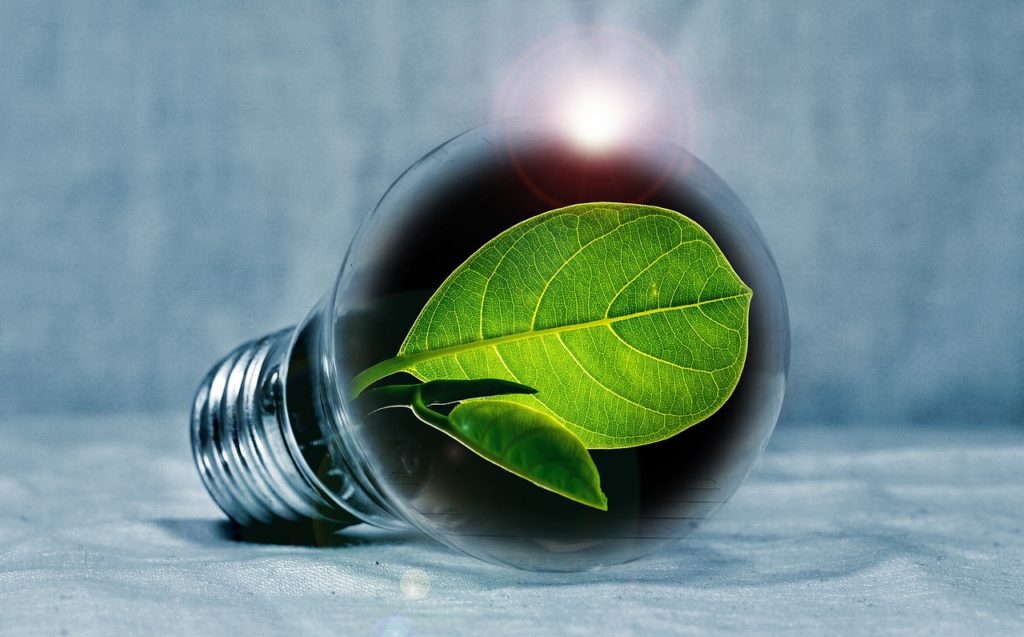Earth Hour was launched in 2007 by the World Wildlife Fund and its partners. To participate, all you’ll need to do is turn off the lights in your home from 8:30pm to 9:30pm in your local time zone, usually on the last Saturday of March.
According to the WWF, turning off the lights is a “symbolic” way to raise awareness about climate change:
“The hour of darkness pulls us out of the busyness of our daily routines and allows us to reflect on the one home we all share,” said the organization in its news release. “In the face of accelerating biodiversity loss and climate change, there has never been a more crucial time to come together and take action for our collective future.” -WWF
Producing and burning fossil fuels creates air pollution that harms our health and generates toxic emissions driving climate change. If turning off carbon energy sources an hour each year is the start – where is the end? We must overhaul our energy grid to turn off fossil fuels for good and power our future with clean, abundant, renewable energy.
There is also a feel-good factor that Earth Hour creates, that makes people feel they are doing something for the environment, while in reality the amount of carbon emissions reduced by Earth Hour is insignificant.
The focus on individual behaviour is problematic, considering that a small number of fossil fuel companies have emitted the vast majority of man-made carbon emissions. Earth Hour and associated campaigns risk releasing fossil fuel companies and politicians from their responsibility to deal with climate change.
Finally, most candles are made from paraffin, a heavy hydrocarbon derived from crude oil, a fossil fuel, and so burning candles during Earth Hour is not the sustainable alternative that one may think.
Sustainable Development Goal 7: AFFORDABLE AND CLEAN ENERGY
Sustainable Development Goal (SDG) 7 aims to address the needs of the billion people around the world who lack access to electricity. It calls for:
- universal access to affordable, reliable, sustainable and clean energy for all by 2030
- doubling the share of renewable energy in the global energy mix
- doubling the global rate of improvement in energy efficiency
In June 2022, the Sustainable Development Solutions Network (SDSN) released its report ranking every country on its action toward every SDG. Canada fell from 21st to 29th in the rankings. In a chart showing levels and trends, Canada was ranked as “Moderately Increasing” and “Challenges Remain” on SDG 7.
If you really want to do something productive for Earth Hour, email your representatives and demand action on SDG 7:
- Simcoe North MP Adam Chambers contact: adam.chambers@parl.gc.ca
- Simcoe North MPP Jill Dunlop contact: jill.dunlop@pc.ola.org
- Orillia City Council contacts: http://orillia.ca/en/city-hall/meetyourcouncillors.aspx
